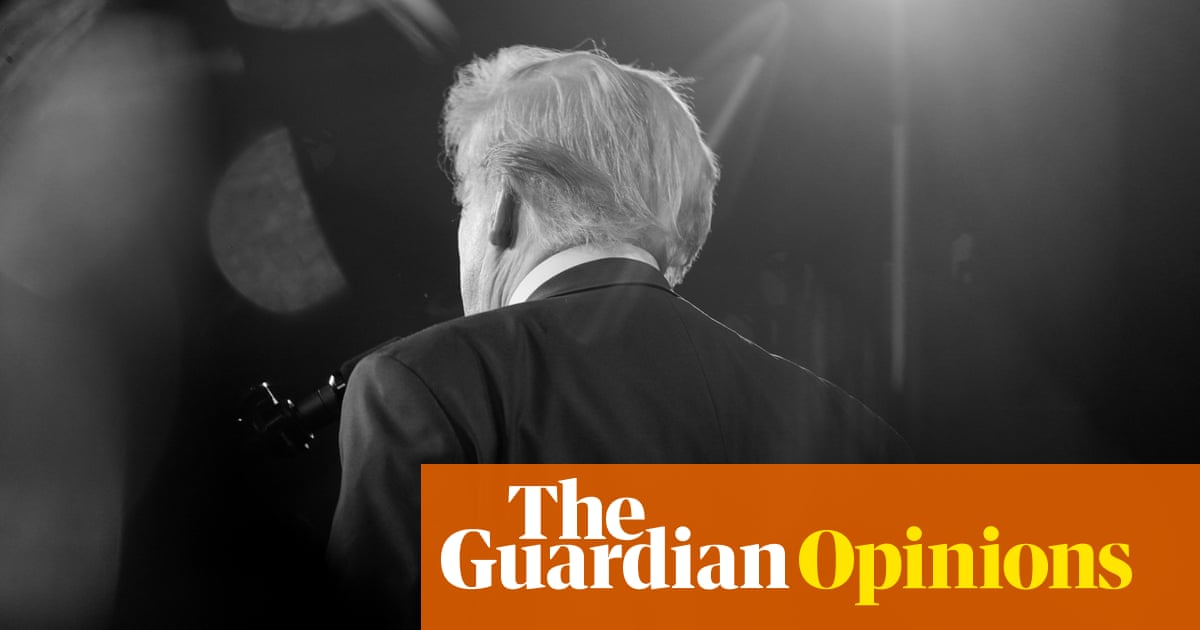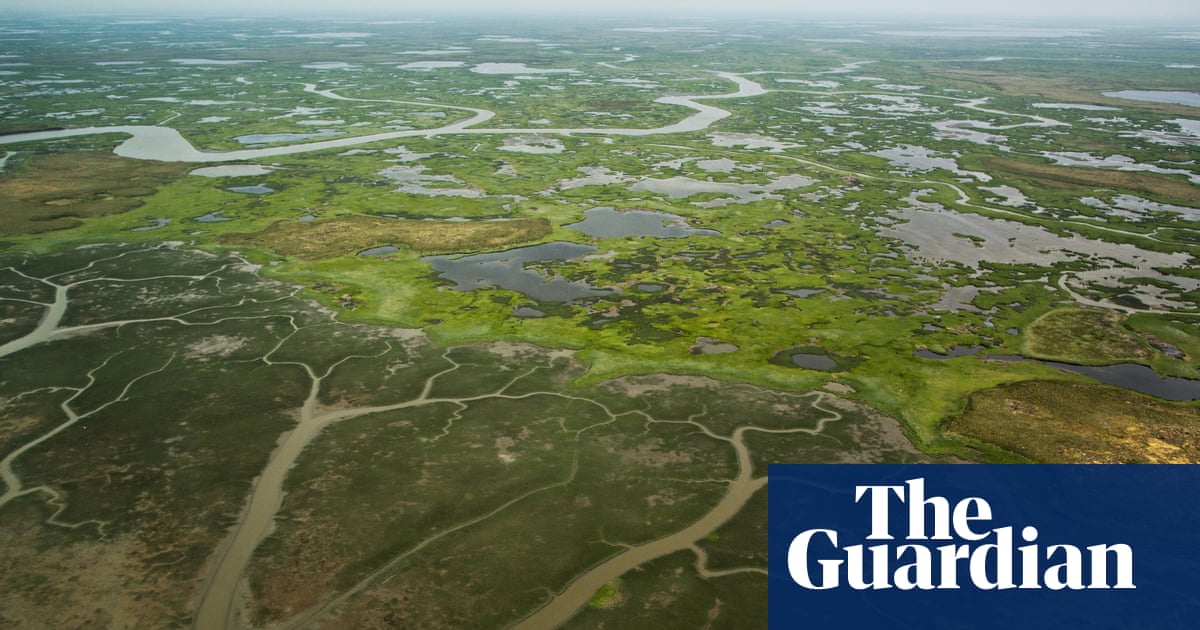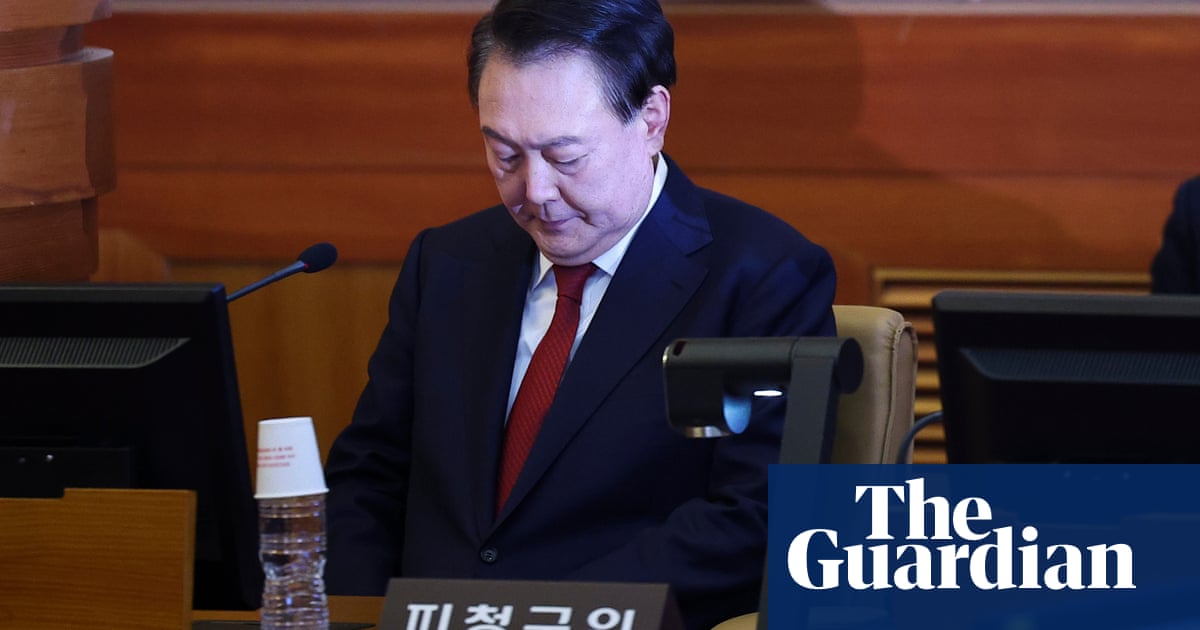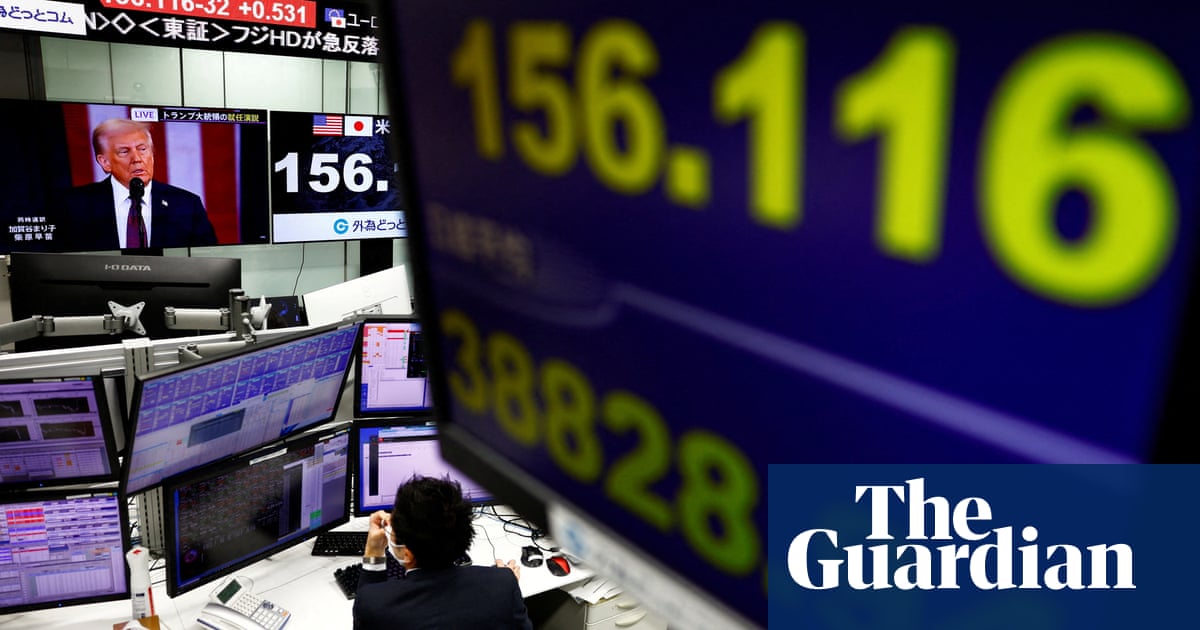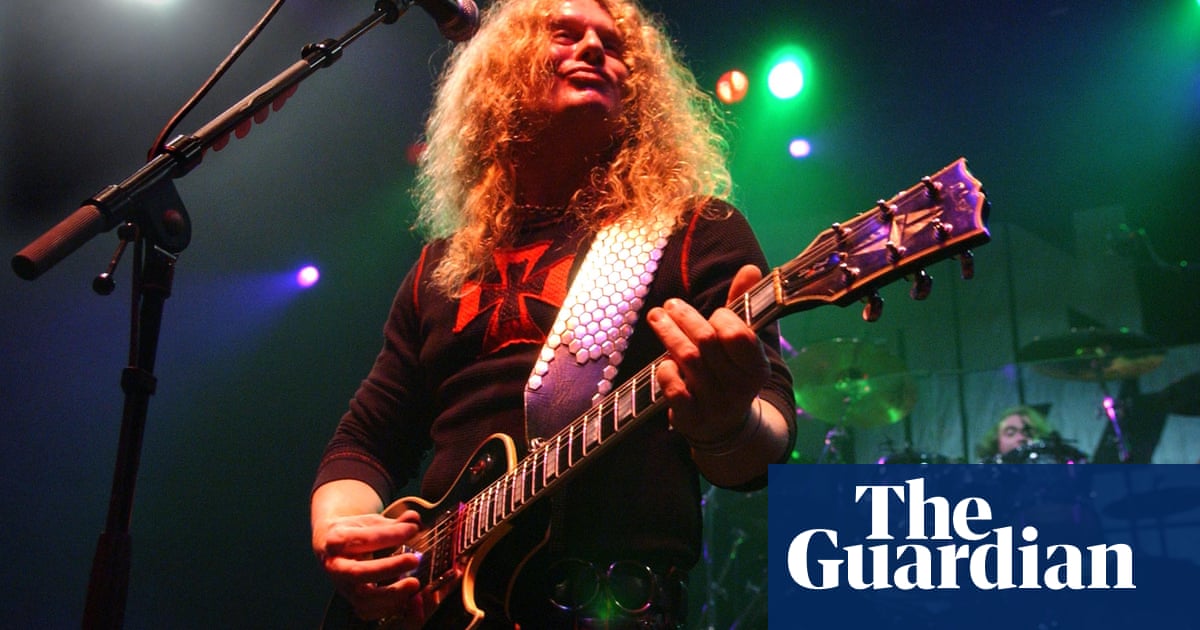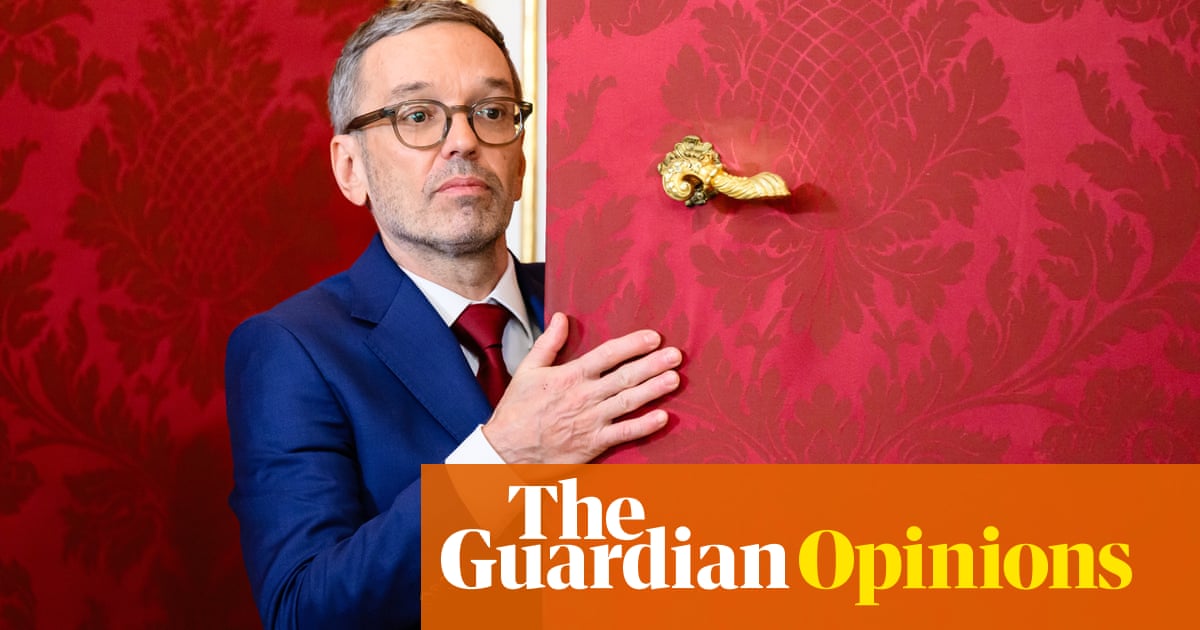The liberation of Syria was long hoped for, but unexpected. Over the past weeks, Syrians have experienced the full range of human emotions, with the exception of boredom. On the first two Assad-free Fridays, millions of celebrants swelled the streets to chant and sing and speak formerly forbidden truths. There was a huge presence of women, who had been less visible during the years of war. Relatives are meeting again and assuaging their pain as hundreds of thousands return from the camps of exile.
At the same time, millions are having to accept at last that their loved ones have been tortured to death. It now appears that most of the 130,000 lost in Bashar al-Assad’s prisons (a bare minimum figure) are dead. Dozens of mass graves have already been discovered.
Working hard to crawl out from under the corpse of one of the worst torture states in history, Syrians are now looking to the future.
A key factor in the final fall of the regime was the remarkable discipline and social intelligence shown by the rebel coalition led by Hayat Tahrir al-Sham (HTS). When it became clear that neither Christians nor unveiled women were being harassed in liberated Aleppo, that there was no looting, and that Shia towns which had hosted foreign militias were not being subjected to revenge attacks, then tens of thousands of Assad soldiers felt safe enough to defect or desert.
But some still harbour deep suspicions of the HTS leader, Ahmed al-Sharaa, previously known as Abu Mohammed al-Jolani. He has enormous charisma, which may ease the path to a new dictatorship, but, so far, the signs are more hopeful than that. Sharaa is popular precisely for his non-dictatorial qualities.
Indeed, the first motivator for the moderation of HTS since the revolution began in 2011 has been its need to be accepted by the complex, multicultural and assertive Syrian society. Sharaa wouldn’t be where he is today if he hadn’t followed a pragmatic and accommodating path, and he knows it. “Someone who rigidly clings to certain ideas and principles without flexibility,” he told CNN, “cannot effectively lead societies or navigate complex conflicts.”
Thus far at least, Sharaa appears intelligent enough to understand that neither he nor his political faction can rule Syria on their own. HTS played a key role in the liberation, but it wasn’t the only player. Rebels from Daraa, the Homs countryside and eastern Ghouta, and the Druze militias in Sweida all liberated themselves.
The HTS-led coalition has assured all sectarian and ethnic communities that their rights will be respected, and issued directives that women’s dress choices should not be interfered with. (In Idlib, HTS stopped fielding a religious police years ago.) All rebel groups will soon dissolve in favour of a professional national army.
Mohammad al-Bashir has been appointed the prime minister of a transitional government until March 2025. Bashir was previously head of the “salvation government” in Idlib, which was HTS-aligned, but civilian, technocratic and fairly successful in its provision of services.
So far so good, but there is a need for greater inclusiveness, particularly in the process of drawing up a new constitution. Inclusion here means not just symbolic participation or quotas, but the kind of practical involvement that will ensure unity and stability by giving key constituencies the sense that they hold a stake in the new order. Among these constituencies are Alawites – from which Assad and most of the old regime emerged – and secularists. Both are currently feeling bruised, though cautiously optimistic.
The opposition’s coalition – which has been active for more than a decade and covers a range of factions, from the Muslim Brotherhood through nationalists to liberals – contains illustrious individuals who should be brought in to the new government, but it is disabled by its lack of governance experience and relevance, and its proximity to foreign powers, especially Turkey.
The biggest challenges at present, though, are not domestic. Syria has been liberated from Russia and Iran, but other occupations remain and even expand. North-east Syria is racked by its own complexities and other people’s wars. Turkey and the Kurdistan Workers’ party (PKK) are clashing. Turkish-funded militias notorious for their criminality have abused and murdered civilians. So has the US-backed Syrian Democratic Forces (SDF), a coalition dominated by the PKK (not “the Kurds”, as commentators insist on calling it; Syrian Kurds are as politically diverse as anyone else).
The new government will have to negotiate the diminishment of these opposing forces. As I write, the SDF is seeking to avoid a Turkish invasion of Kobani by declaring the city a demilitarised zone. It is hoped that the PKK core will withdraw to its base in the Qandil mountains of Iraq, that the Kurdish parties it banned will be able to operate again, and that Kurds will flourish in a post-Arabist Syria. Already, Sharaa has assured them this will be the case.
An even more serious challenge is the enmity of the west. The EU and the US are not lifting sanctions on Syria, though the regime has gone, which makes them unprecedented “pre-emptive” sanctions. Worse, Israel, armed and excused by the US, UK and Germany, has invaded still more Syrian territory (after its theft of the Golan Heights) and is bombing intelligence as well as military targets, presumably to destroy evidence of collaboration with Assad.
This unprovoked assault, an attempt to render the country defenceless, is a shameful and stupid way to welcome newly independent Syria. I predict Syria will eventually manage to defend itself. It has already seen off one set of regional and international imperialists.
The future will certainly be influenced by hostile foreign powers, but the Syrian people will play the leading role in the drama. That’s because on 8 December, eternity came to an end, the statues of the tyrants fell, and history resumed.
-
Robin Yassin-Kassab is the co-author of Burning Country: Syrians in Revolution and War and the English editor of the Isis Prisons Museum

 4 weeks ago
31
4 weeks ago
31
